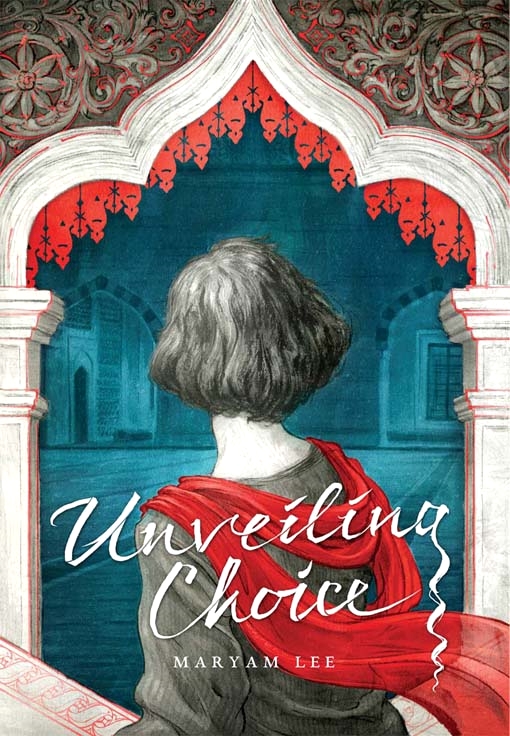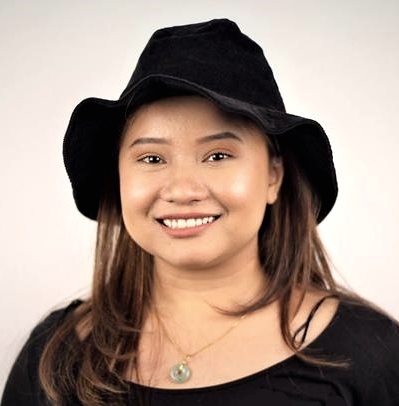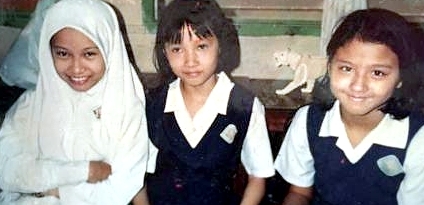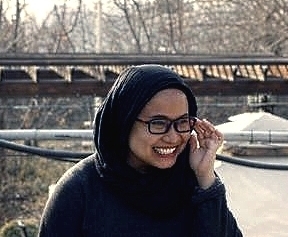
Reported by Peh Hui Kee / Pictures provided by interviewees
12-year-old Maryam Lee was playing at the children's playground when she saw a neighbour several years her senior not wearing a hijab, or tudung.
Since the age of nine, she was already instilled with the concept of proper attire for a decent Muslim girl.
One day, she asked the neighbour out of curiosity: "Why don't you wear a tudung?"
"The doctor says I cannot put on a tudung," she explained. The doctor had advised her neighbour not to wear hijab because her physical state was such that she could suffer a sunstroke very easily and could only put on loose clothing to give her skin ventilation.
"Don't you feel shameful?" the little Maryam protested.
A grown-up Maryam is constantly pondering what kind of things people have forced into the little heads of young girls in a way that they would believe that the headdress is a symbol of their dignity and pride and is even way more important than health.
Today, Maryam Lee is a women's right activist, an adult female Muslim who refuses to put on a hijab and has penned down her inward searches and experiences in her book Unveiling Choice.
To her, not wearing hijab is not about fighting her religion, but patriarchy in the name of religion.
Biggest fear: family opposition

On October 23 last year, Maryam Lee received a letter from Selangor Islamic Religious Department (JAIS) summoning her to assist in an investigation.
The letter cited Section 10(a) of Syariah Criminal Offences (Selangor) Enactment 1995 (insulting or bringing into contempt the religion of Islam) without elaborating on the cause.
She later wrote on her Facebook that the incident was related to her new book Unveiling Choice because her book launch cum forum in April had drawn the attention of the minister in the prime minister's department (religious affairs) Dr Mujahid Yusof Rawa who subsequently ordered a probe.
The controversy over her book stemmed from her own "dehijabbing" account in the book.
She started wearing a hijab at the age of nine as required by her parents, and only took them off completely after she gained economic independence and moved out of her parents' house much later.
Taking off hijab was by no means an overnight change for Maryam Lee. The entire process from obediently putting on a hijab at her parents' demand to the emergence of doubt and a strong desire for the answer, to the decision of taking off the veil — has not been an easy one. This is because not wearing hijab will be easily interpreted as an anti-social norm or rebellion against the religion and parents.
However, to Maryam Lee, her biggest fear has been the objection from her parents.
"To be honest, we (Muslim women not wearing hijab) don't actually care about the negative perception the society has on us, but we are fearful of family opposition," she confessed.
Normally a woman does not stop wearing a hijab abruptly, and the change is progressive: beginning with shortening the length of the veil to expose a small part of the hair and then completely removing the headdress. Very often women who do so are forced to give up their right half way out of fear of losing their families
As for why Maryam decided not to wear hijab, she said she was puttng up a fight against patriarchy, not Islam per se. Muslim women have been denied their sovereignty right over their own bodies, just as Maryam was told since young that hijab is compulsory for Muslim women and that she doesn't have a choice.
She cited the example that the Malaysian Muslim society would normally rule that women could not become leaders and they are often restricted to take up only family roles but never the decision makers.
"We were instilled with this kind of thinking from young that our bodies do not belong to us but our parents whereby the father has the ultimate say in the family, followed by our elder brothers and lastly our husbands after we get married."
Maryam Lee shared her experience of discussing with female members of an Islamic youth organisation. She discovered that these young women were not only against the LGBT community, they even felt that feminism was a very dangerous thing as it emphasises gender equality and monogamy.

"This kind of erroneous concept and thinking is very common but is seldom mentioned by people because women themselves are plunged into this patriarchial mindset which they will pass down to their children.
"Since young I was trained to have judgemental thinking in all other things but not religion. It was a sociologist who prompted me to contemplate whether my hair was a source of shame to my body."
Maryam read up a lot of books and even visited an Indonesian religious scholar M. Quraish Shihab who was the country's former religious affairs minister. She found the answer in the midst of discussion that hijab is not a religious but a social product.
She later spent an entire year researching the hijab's origins as well as social functionality in a bid to consolidate her belief in not wearing hijab.
Along the way, she feels that the most important queries have been the functionality of hijab and how it has become a tool to control women.
She highlighted in her book that women in the Malay movies of 1960s through 70s did not wear hijab, and that the seven members of a female band appearing on the cover of the 1970 version of Mastika magazine did not put on hijab either.
So, Malaysian Muslim women of those years did not wear the hijab, but what happened after that?

Maryam Lee browsed through social study theses to find the answer.
Thanks to rapid economic development after the independence, many Muslim women started to leave their homes to work in cities and towns. However, the male-dominated Malay society was worried about their daughters' safety and conduct. Against the backdrop of increased economic independence among Muslim women, the Malay society found it necessary to morally control the women, thus making hijab a product of our patriarchial society.
Women should have the choice
Maryam Lee feels it discriminatory for people — men or women — to question her choice of not wearing a hijab. She says a woman should be granted the right to choose whether to wear or not to wear hijab without the fear of being criticised.
She insists that no women should be discriminated, whether they choose to wear or not wear hijab.
ADVERTISEMENT
ADVERTISEMENT


































